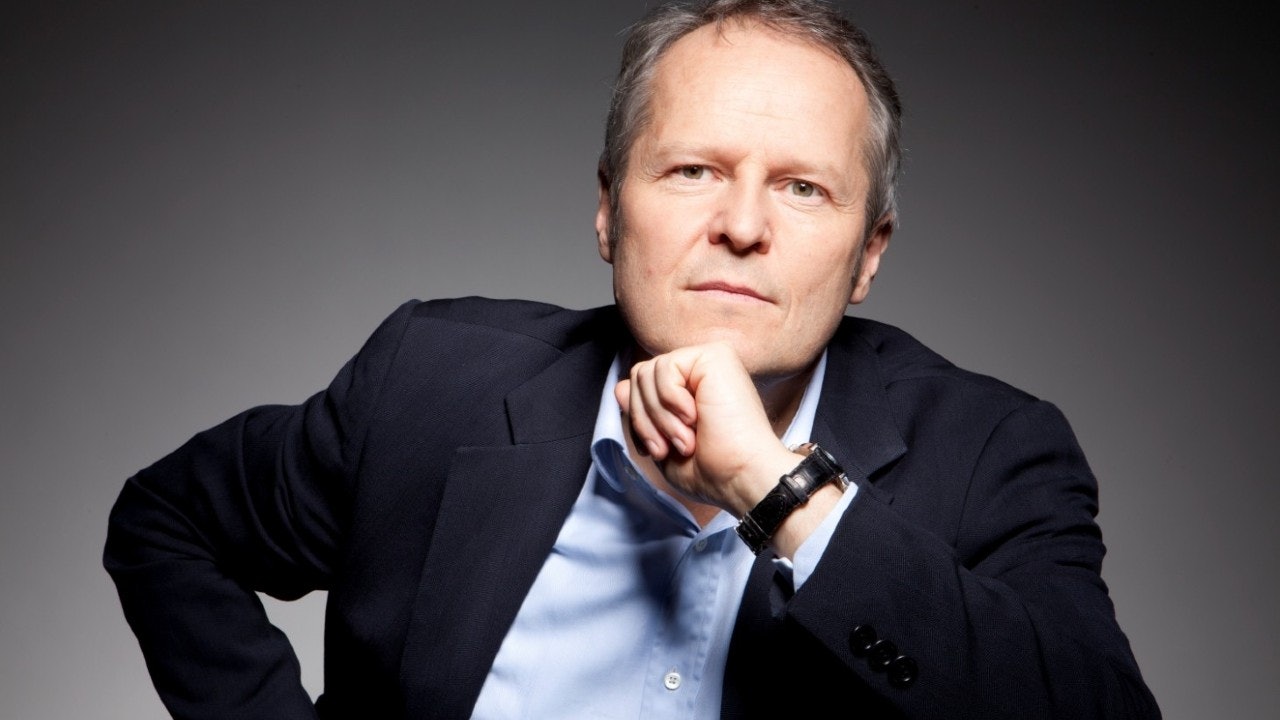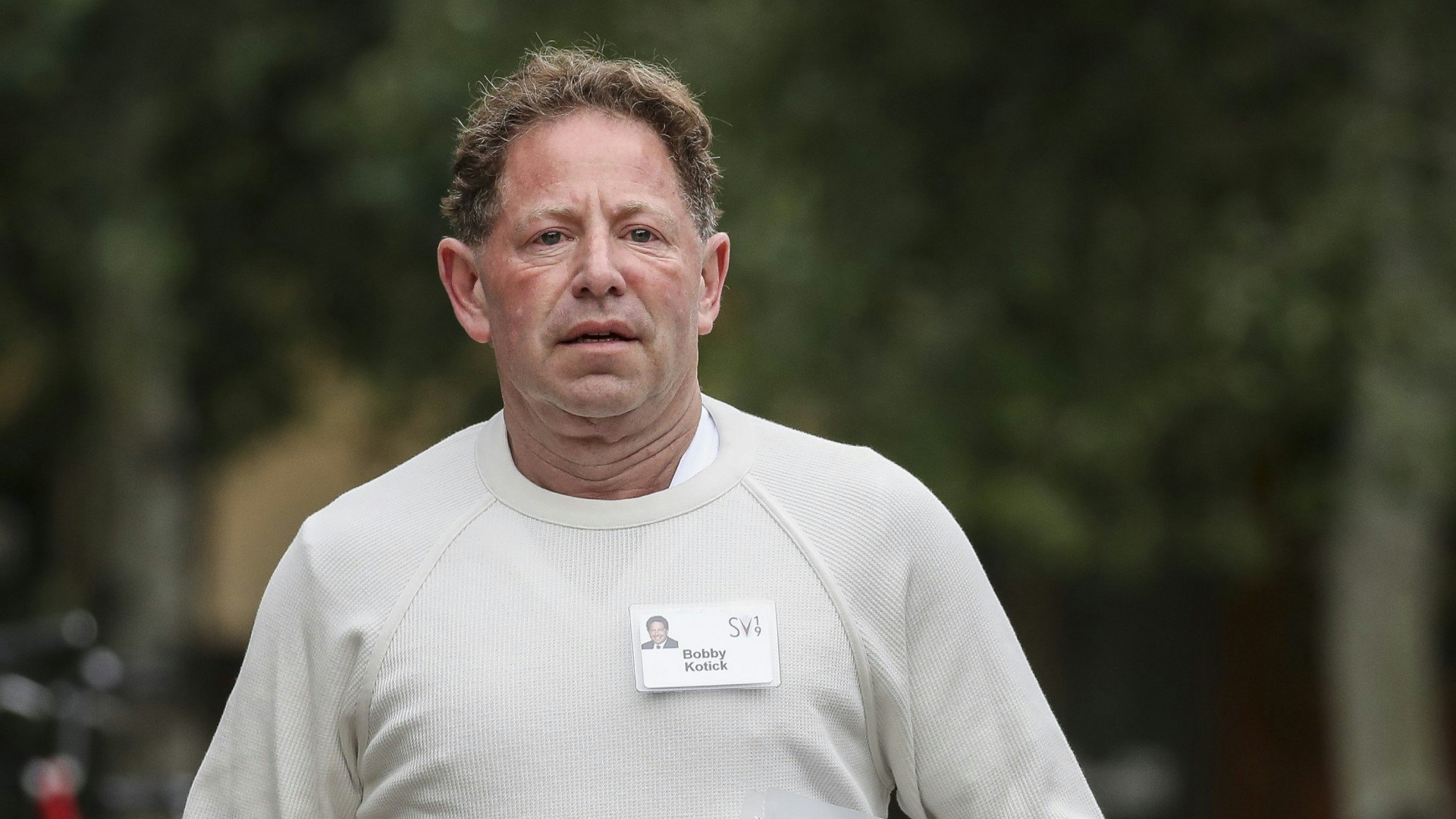
Ubisoft has been under fire for well over a year now after allegations of a toxic workplace at the gaming publisher started surfacing from multiple sources. Ever since those initial reports, things seem to only have gone from bad to worse as more details emerge. Earlier this year, IGN reported that many employees at Ubisoft felt like “nothing had changed,” and that the company wasn’t taking any tangible steps to improve on the issues. A devastating new report reveals that this inaction has led to a new problem at the company that could impact the industry at large.
What the Newest Report Reveals — Now, nearly a year and a half after initial reports, Axios has reported on new information that details a “mass exodus” from the company amidst an array of other problems, like low pay. It perfectly highlights a disturbing trend in gaming, with many of the biggest companies wracked by toxic culture, pay issues, and an assortment of other issues. It starts to beg the question of just how ingrained into the industry these problems really are, and what kind of steps need to be taken to truly rectify all the wrongs.
Ubisoft employs over 20,000 employees at its studios and offices around the world, and Axios’ report describes that “many of their colleagues describe a flow of goodbyes that they've never seen before.” The employees leaving the company are from all levels as well, not just lower-level workers but the higher talent on some of Ubisoft’s biggest games as well.

Apparently, at least five of the top 25-credited people on Far Cry 6 have left the company, with the game only having just been released on October 7, 2021. On top of that, Ubisoft’s Montreal and Toronto studios are down at least 60 employees total. Things only get worse from there, as the report paints a picture of a workplace on the decline with no indication of improvement.
Axios states that it interviewed dozens of employees about why the exodus is happening, with the most common reasons being low pay, frustration with a lack of creative direction, and unease at the way the company handled the scandal that broke out in 2020.
What all this illustrates more than ever, however, is that there’s a vital disconnect between upper management and employees.
Ubisoft’s Continued Denials — In a blog post back in May 2021, Ubisoft CEO Yves Guillemot publicly committed to change. “Management — myself included — have a responsibility to act as role models and be exemplary for our teams,” he wrote. “I want to stress my personal commitment to continue to improve our workplace culture and create real, lasting, and positive change at Ubisoft.”
That’s a totally adequate, if unexceptional statement, but seven months later it rings hollow as continued reports emerge. A former employee tells Axios the opposite, saying of management, "They constantly emphasized 'moving on' and 'looking forward' while ignoring the complaints, concerns, and cries of their employees.”
Once again, however, Ubisoft’s management is denying that the problems are that substantial with Anika Grant, head of people ops at Ubisoft, telling Axios, “Our attrition today is a few percentage points above where it typically is. But it's still within industry norms.”
Ubisoft isn’t alone in all this, of course, as other companies like Activision Blizzard continue to deny allegations, and state how devoted they are to enacting change. News of the toxic culture at Activision has made worldwide headlines, and as employees continue to protest and leave we’ve yet to see any substantial change.

Top talent also continues to leave Activision Blizzard, even while CEO Bobby Kotick says he’ll leave if he “can’t solve the problems quickly.” As time goes on more reports emerge from more prominent developers, from the harassment problems at Riot Games to the ongoing battle at Bungie to fight toxic culture.
The Inverse Analysis — It’s surely discouraging to see report after report, but it’s even more discouraging to see these companies continue to deny that nothing is wrong, when the data and anecdotes disprove that. At this point, it seems like employees are going to continue to leave and meaningful change will keep not happening until the real problems can be admitted, analyzed, and worked on directly.







